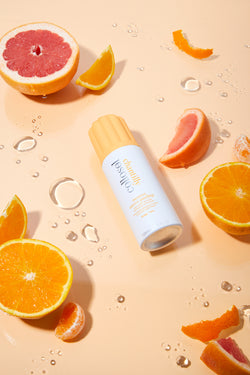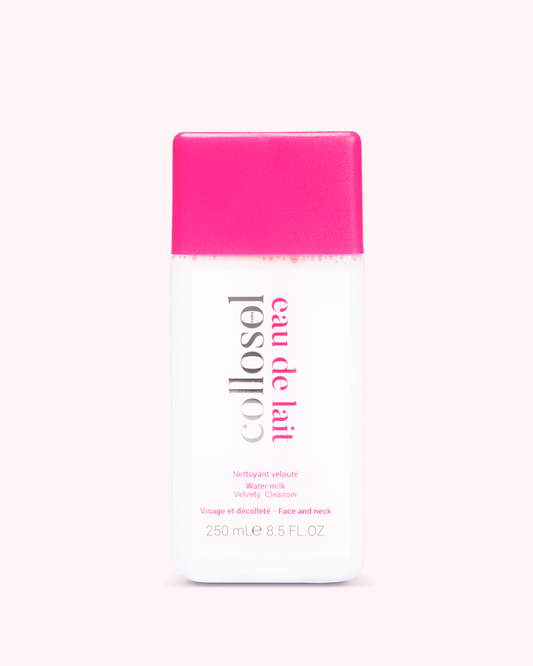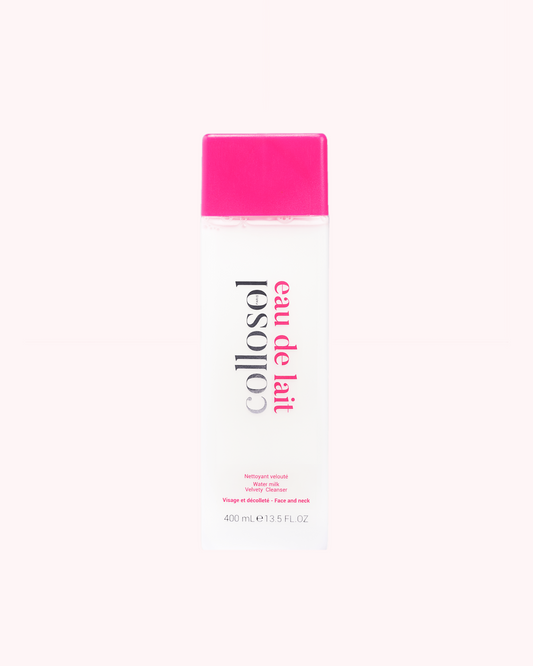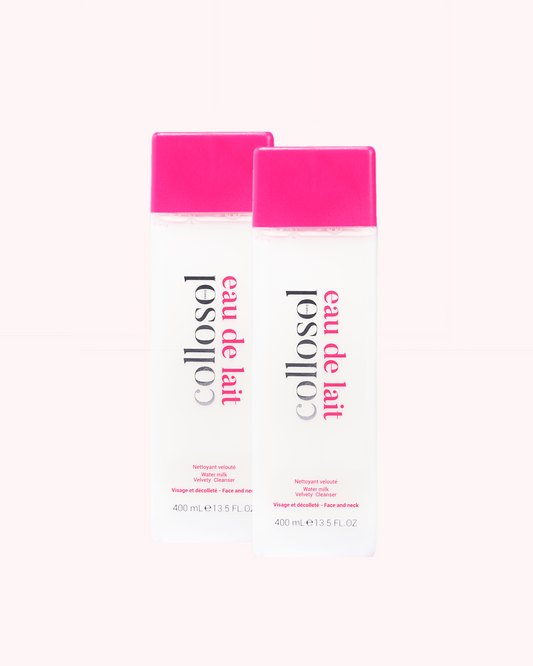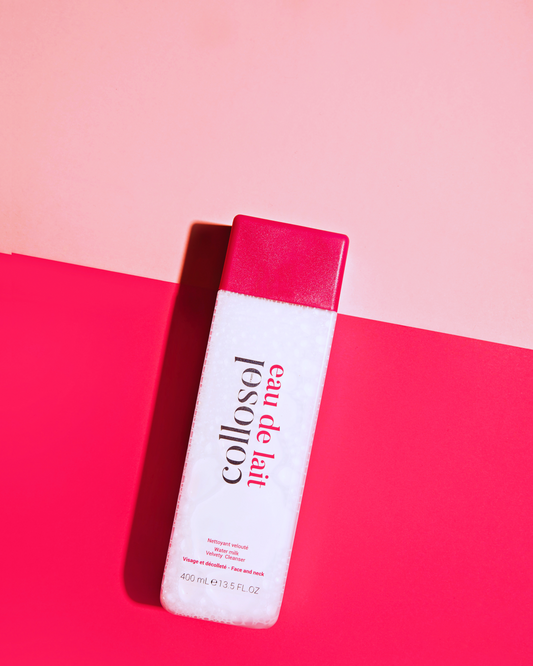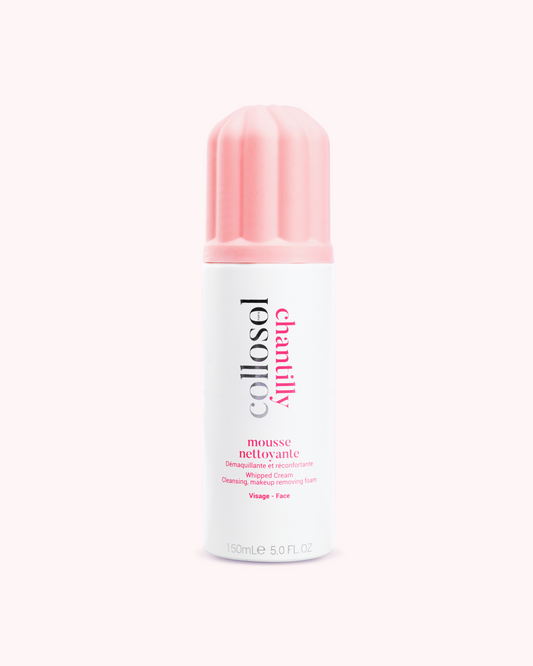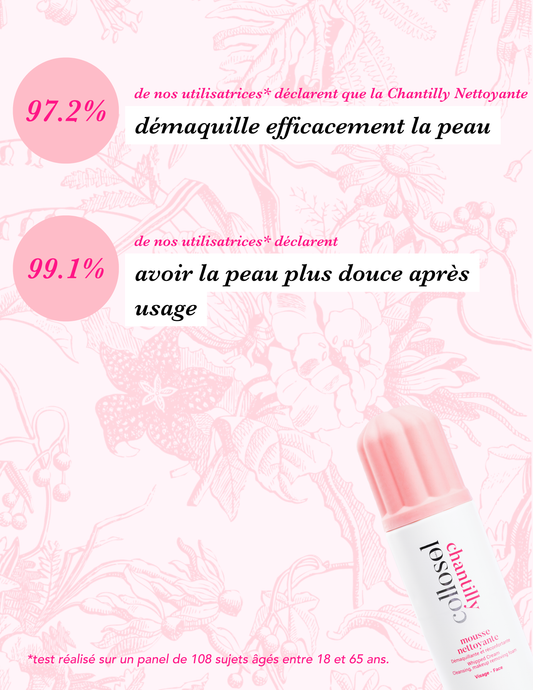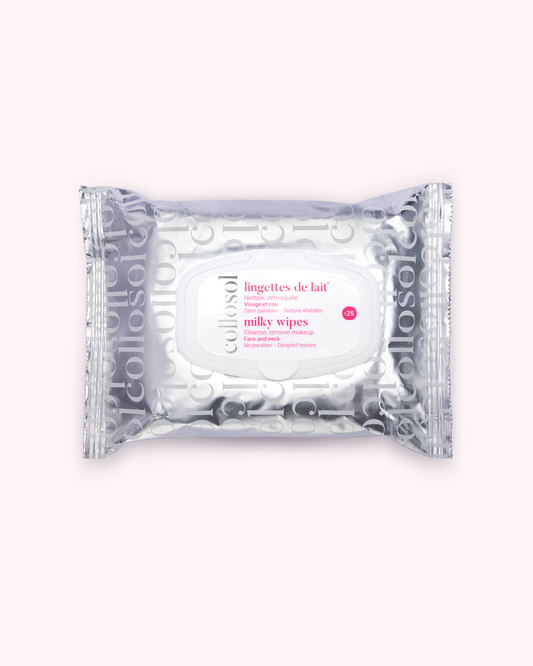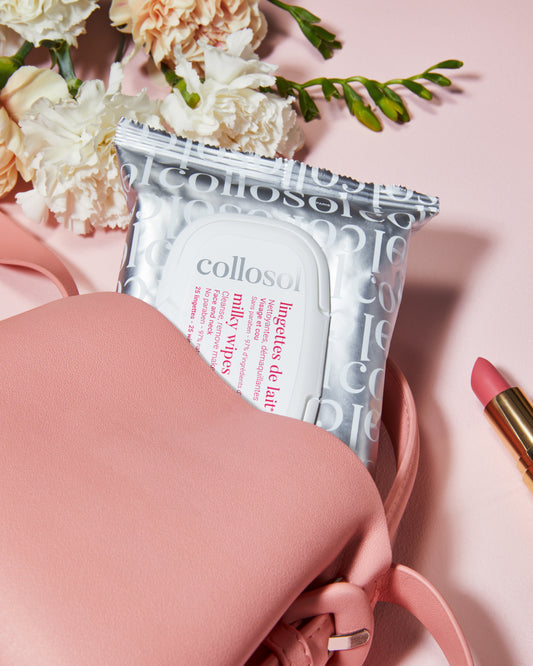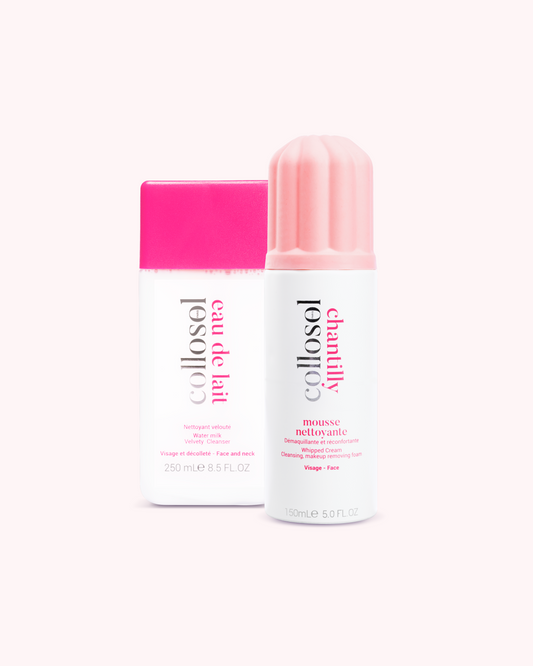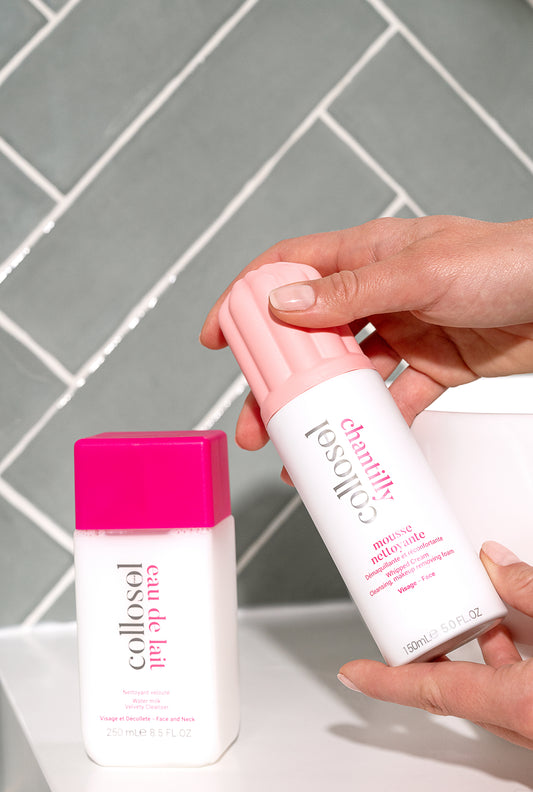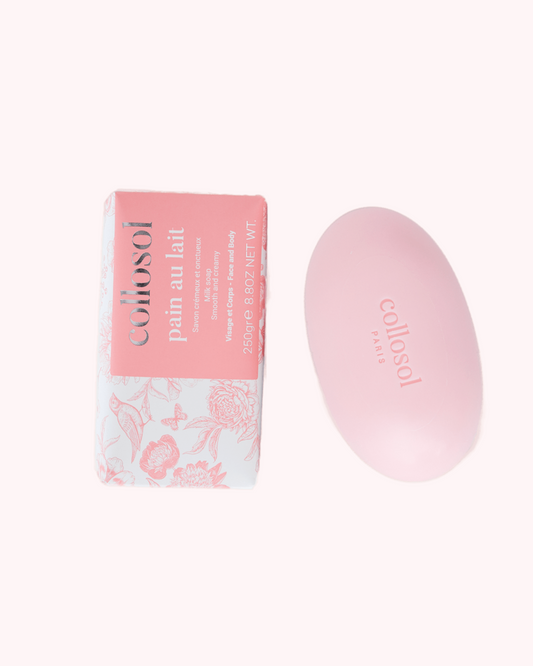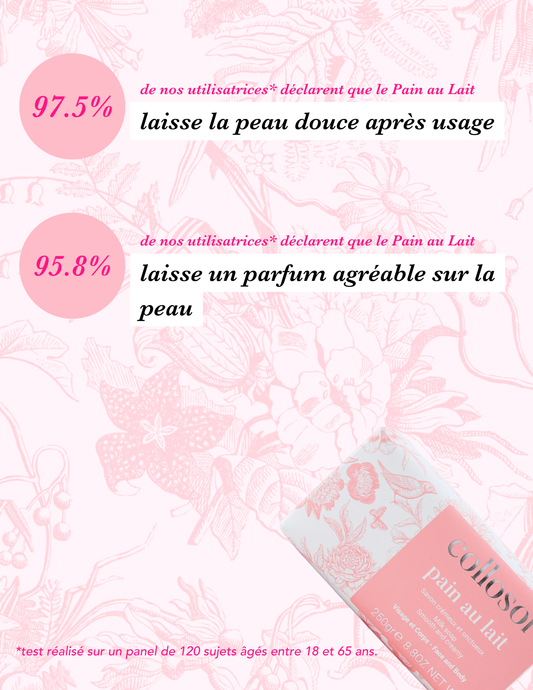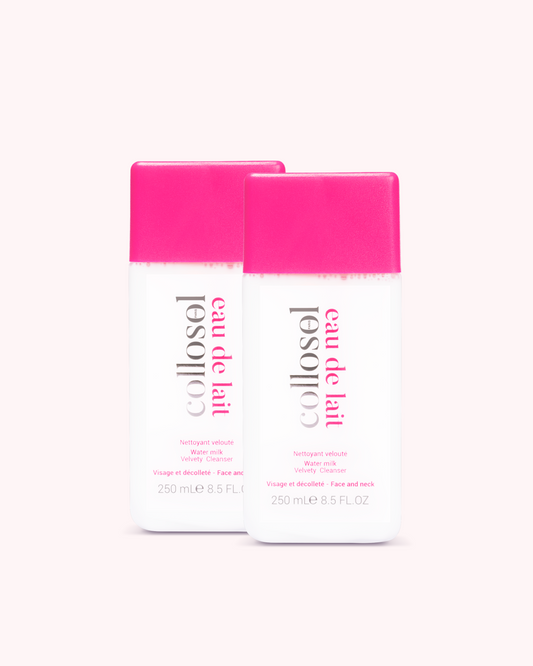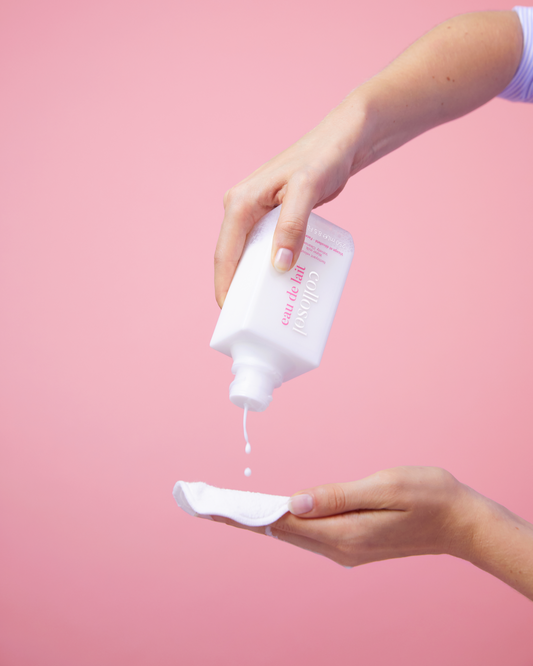Why switch to solid soap?
Solid soaps are coming back into fashion. These little bars of soap give a little retro touch to our bathrooms, but that's not the only reason for the enthusiasm surrounding them! They have many advantages and benefits for the body.
How is solid soap made?
Solid soaps often differ from commercially available shower gel or cream soaps, particularly in their composition and manufacturing process. While their role is identical, taking care of one's hygiene, regular shower gels often contain all sorts of ingredients that are harmful to the skin and health.
More and more people are therefore choosing to turn to solid soaps, which are considered healthier because they are made with fewer active ingredients. It is indeed easier to find your way around the list of ingredients in the product and to determine what is good and what is superfluous.
Some solid soaps are also known for their benefits, such as Marseille soap or Aleppo soap. These types of soap, when made in accordance with tradition, are made hot with natural ingredients with many virtues for the skin. The main ingredient remains the same for both: olive oil, antioxidant and moisturizing. To be sure of its purity and properties, the ideal is to turn to artisanal and local manufacturing, from natural and organic ingredients.
While some solid soaps sometimes have a few additional active ingredients added to create foam, give a color or a fragrance, they are generally less harmful than the shower gel soaps that are usually found in stores. The ingredients are limited to keep only the essential role of the basic product: to wash effectively while taking care of all skin types. Contrary to what is often thought, solid soaps are therefore less aggressive or drying for the skin than most shower gels.
The ideal manufacturing method for a solid soap remains cold saponification, a traditional method which consists of making the soap without any heating, as its name suggests. The only heat released is that which occurs at the time of the saponification reaction itself. In this way, the ingredients are not mistreated and all their benefits are preserved during the manufacturing process. The number of ingredients included in the composition is minimal: all that is needed is a fatty substance (a vegetable oil or a vegetable butter), as well as a strong base, generally caustic soda (or sodium hydroxide). Essential oils are sometimes added for more benefits or an additional natural fragrance. With saponification, glycerin is also added to the already superfatted soap to bring even more benefits. After 4 weeks of drying at room temperature which corresponds to a curing phase, the soap is ready to be used!
This traditional and minimalist design technique makes it possible to obtain a natural superfatted soap with many virtues. The glycerin, naturally produced during the process, gives the superfatted soap bar additional benefits that are appreciated by the skin!
More and more people are choosing solid soap, especially for the many benefits it has to offer. It is also part of the "clean beauty" trend, which aims to use better quality and healthier products and care for the skin and body. And solid soaps have many benefits!
Why use a solid soap?
Solid soap is good for the skin
Solid soap is above all known to be very good for the skin and the body. Its non-exhaustive list of ingredients is much more readable, and we quickly realize that we only find what we need. In the shower or in the bath, it is also very pleasant to use.
Since solid soap is generally superfatted and more natural, it has a strong nourishing, but also emollient and antioxidant power. They are considered more effective for washing than most shower gels found in supermarkets, and allow you to regain the softness of your skin. Each solid soap obviously has its own properties depending on the ingredients that were used to make it.
Glycerin, which is naturally formed during cold saponification or directly added, has a strong moisturizing power. On the skin, it acts like a sponge by attracting water and retaining it. The skin therefore remains hydrated, and for longer. The protective barrier it forms also helps to limit this water loss. Glycerin therefore moisturizes the epidermis, but also preserves its elasticity and strengthens it against external aggressions. In addition, glycerin also promotes the synthesis of epidermal cells and therefore allows it to regenerate and heal much more quickly. The skin is ultimately smoother , softer and more radiant!
In addition, a solid soap can be used for both body and facial hygiene, before starting your morning or evening beauty routine. Depending on its composition, it can adapt to all skin types and provide additional benefits to the face. Some can even adapt to both skin and hair and can then be used as shampoo.
Solid soap is good for the environment
Solid soap is also a good alternative to avoid all the plastic that is required to package a shower gel. The only packaging for a solid soap is usually paper or in a reusable box, practical for transport. Solid soap already looks natural with such clean packaging, which will delight zero waste enthusiasts.
And speaking of transport, solid soap is much more practical to carry thanks to its format that fits everywhere. Whether for a short or long trip, all you need is a simple soap box (if it is not already provided with it) to store it in your bag or suitcase.
A solid soap also allows you to save on product, and therefore save money in general. A solid soap takes longer to completely run out, whereas a tube of shower gel generally runs out after a month.
Which solid soap to choose?
With so many benefits and advantages, we can understand why solid soap is becoming so popular again! But like any other treatment, it is important to choose a solid soap adapted to your skin type, dry, combination or oily. It is also important to choose a soap whose composition perfectly matches the conditions of your skin (dehydration, sensitivity , etc.) so as not to aggravate it further, but also according to the properties sought.
A natural soap, made with healthy ingredients from nature, will always be better for the skin than an industrial soap. So instead, target soaps based on vegetable oils or vegetable butters, rich in fatty acids and vitamins, and generally with antioxidant action.
Olive oil, shea butter, coconut or jojoba oil, almond butter… The latter in particular has many benefits for the skin. It is very nourishing, moisturizing and acts as a protective layer on the skin. It promotes cell regeneration and therefore helps maintain the elasticity of the skin so that it remains smooth. It restores the balance of the hydrolipidic film, which makes it the ideal ally for capricious skin! It is for all these benefits that it is very often used in moisturizing creams and other cosmetic treatments, including solid soaps.
So, do you want to switch to solid soap?


